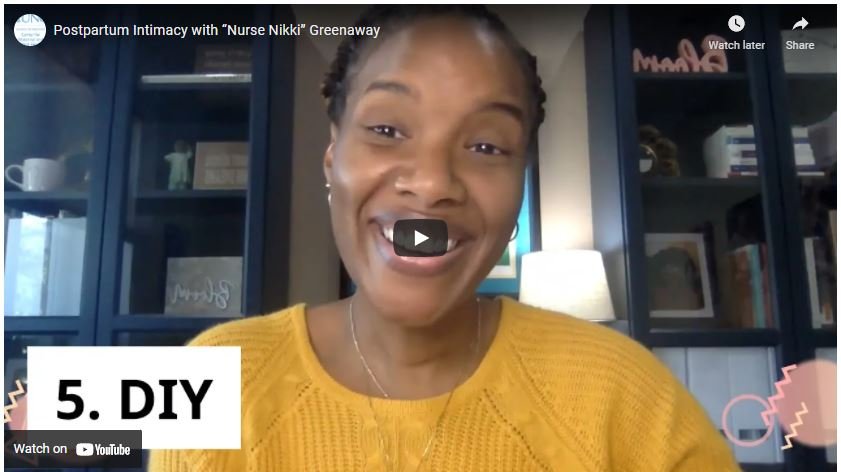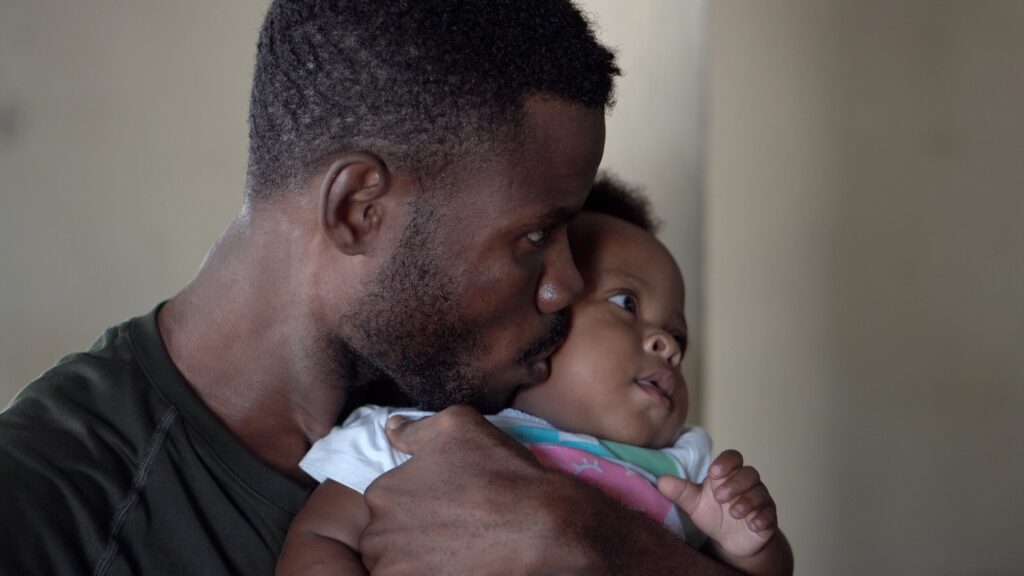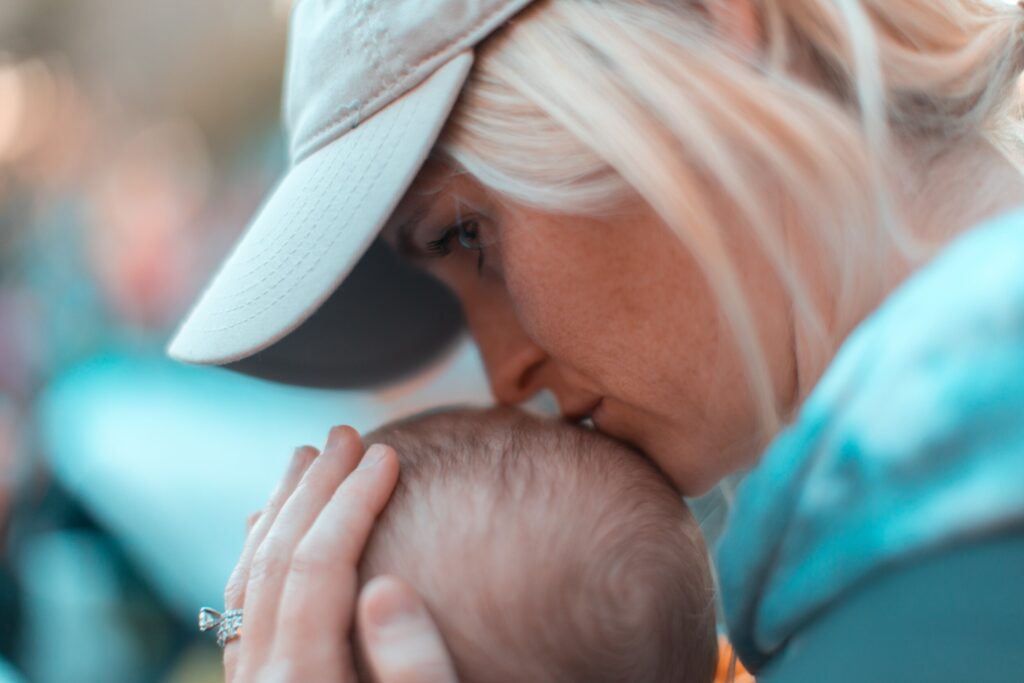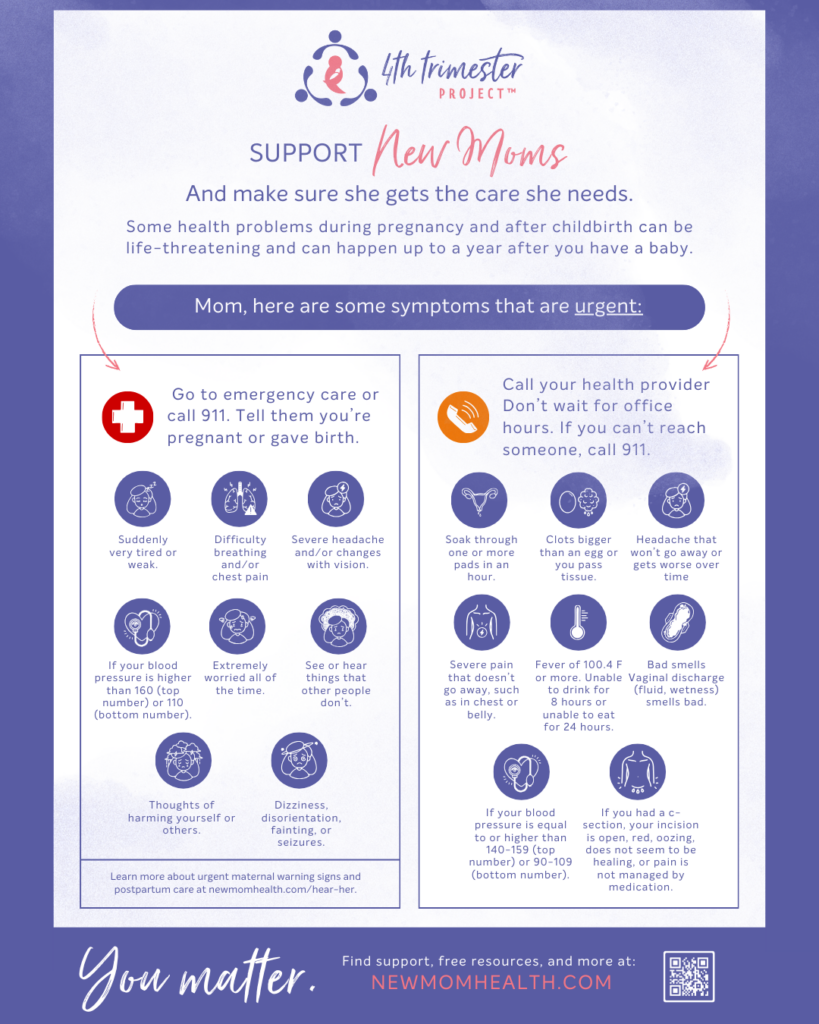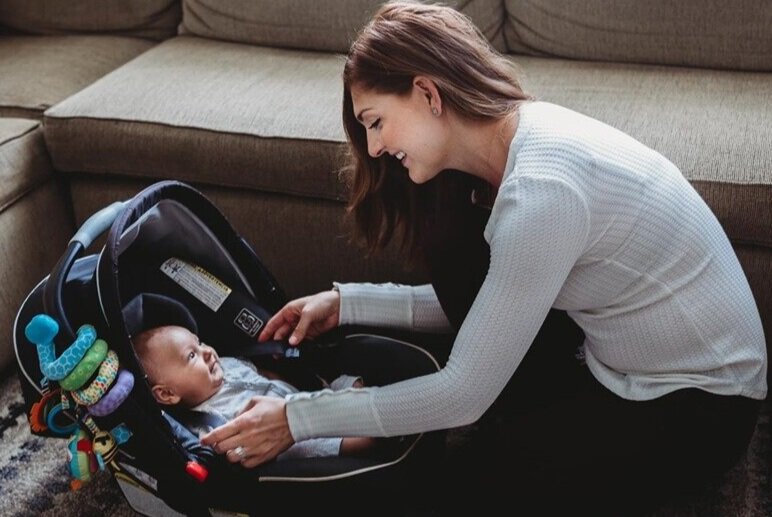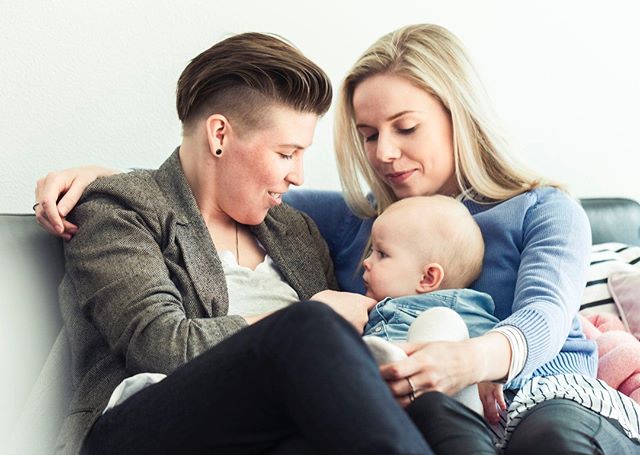
The birth or adoption of a baby is a major life change. This will affect your relationships. From emotional connection, communication, physical touch, and partnership dynamics – a lot may shift. Whether you’re feeling closer than ever to your partner or worlds apart, communication is at the heart of understanding.
Priorities may have changed in the postpartum period, and that is okay. It’s no myth that parents are tired, and any flexible time may be spent on sleep or otherwise taking care of themselves (however that looks for them).
Have you heard the phrase, “touched out?” – It is real for many. After being held, suckled, squeezed, pinched, scratched, and snuggled so much, it’s no wonder a mother may want some space. Finding ways to show love and be intimate may need to be focused on well-being and happiness until the needs of the baby and the mom become less intense. As for sex, here are some thoughts that may be helpful.
Are you feeling like your partner hasn’t really looked at you since the baby was born? It is not uncommon for the connection you have with your partner to feel different in the weeks and months after baby. That can feel strange. A good start is just asking about how the person is feeling, and taking the time to really listen to each other and thoughtfully express your feelings.
Becoming a parent is life-changing. For mothers, there are immediate and ongoing physical, emotional, and social changes. This phase of life has been called matrescence. The entire family is learning, exploring, and adjusting.
Open, direct, and well-timed conversations permit for understanding of postpartum experiences and each other. Your effort in thoughtful communication can have the power to impact the vibe and next steps for your new family. Talking openly is so important. Make it a point to talk openly about your feelings, concerns, and needs. Regular check-ins can help you stay connected and ensure that both of you feel heard and supported. Schedule time each week to check-in and make communicating about your relationship and what you’re going through a priority.
We have a fill-in Postpartum Support Plan to help understand ways you can align on your needs, so your family is best able to be healthy and happy.
You are likely the person who will be around the birthing parent enough to recognize any postpartum recovery red flags. Be sure you know what to look out for and what to do if you think your partner is experiencing any of them.
Remember, it’s okay to ask for help and take things one day at a time. Your relationship is the foundation that will help you both thrive as partners and as parents.
Lean on your support network. Family and friends can provide practical help, emotional support, and sometimes a much-needed break. Accepting help doesn’t mean you’re failing; it means you’re wise enough to recognize that parenting is a collective effort. It can help ease tension and resentment that might build with the changing responsibilities and duties.
Consider seeking guidance from professionals like family therapists to help talk through these life changes and ways you can better communicate. Talking with a therapist can help you navigate specific challenges and reinforce your partnership.
Bottom line: Give each other grace. Tone and communication is going to be important to keep you on the same team and feeling well supported.
Resources to Explore:

